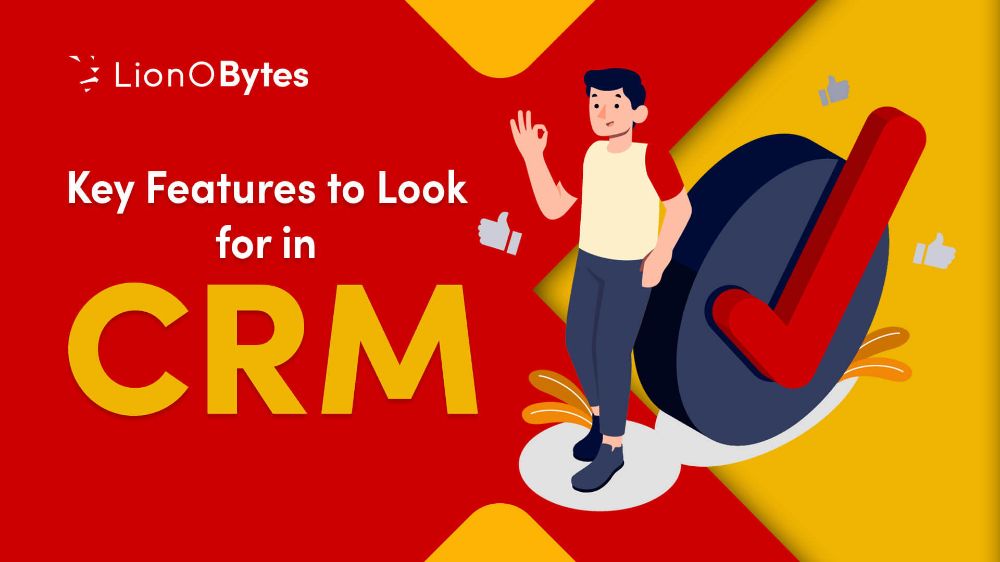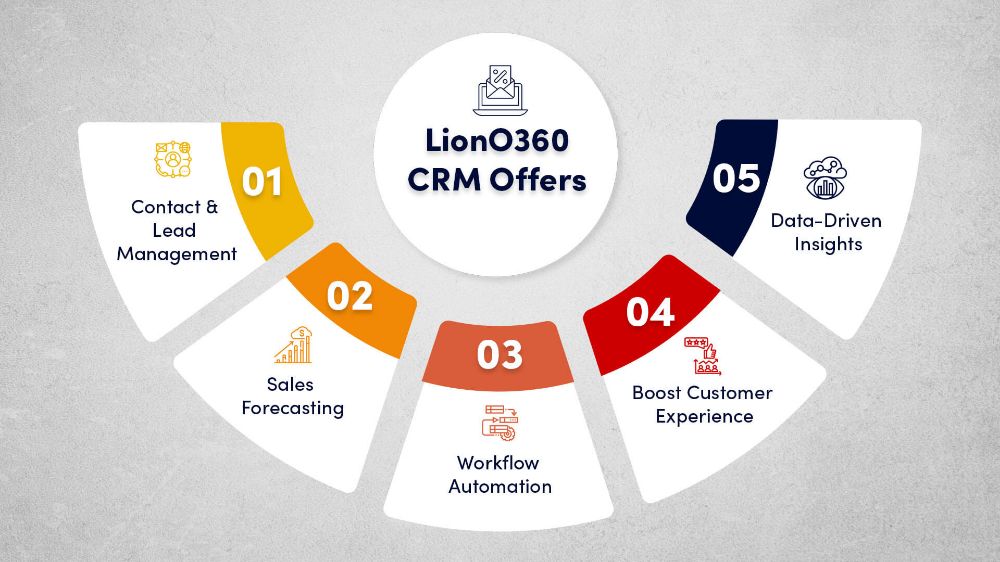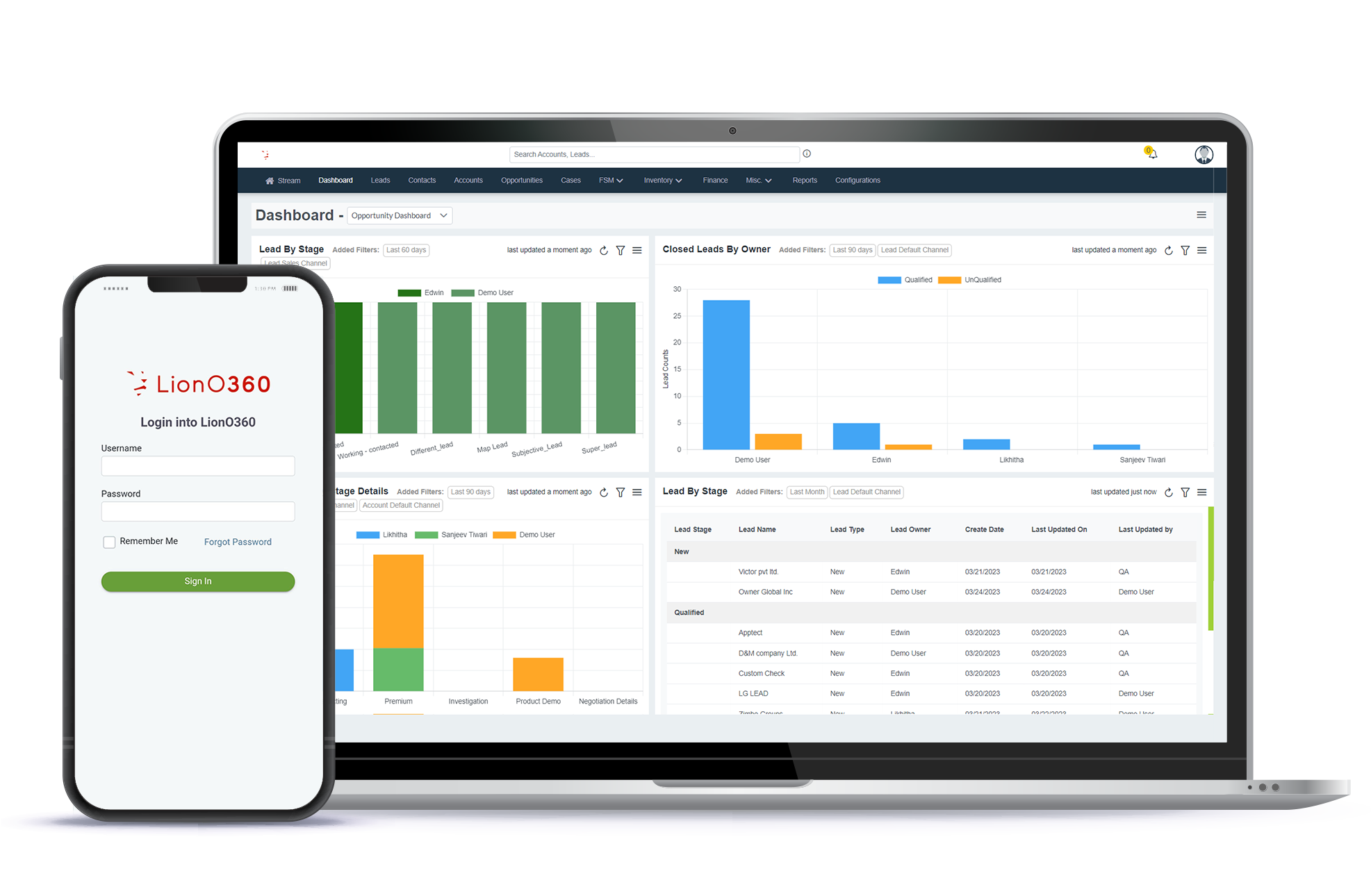
For any business, today maintaining good relationships with customers is more important than ever. With so many customers, leads, and interactions to manage, it is easy for things to get chaotic. That is where CRM comes into the light. It helps businesses manage and nurture customer relationships, track sales, and provide better service, all while keeping everything in one place. Whether you run a small business or manage a large team, a CRM is a tool that can keep your customer interactions organized, efficient, and, most importantly, personalized.
With so many different CRMs available, how do you know which one is right for your business? Here is a guide for what to look for in a CRM system regarding the features of customer relationship management software in a simple format so anyone can understand.
1. User-Friendly Interface
Imagine you have just invested in a new tool to help you manage your customer data, but when you open it up, you cannot make heads or tails of the interface. It is overwhelming and complicated. Not fun, right?
That is why the user-friendliness of a CRM is a top priority. A good CRM should be easy to navigate and intuitive. You should not have to spend days trying to figure out how to add a new contact or create a task. Look for CRMs that offer simple, straightforward dashboards and easy-to-understand features. Ideally, it should feel like a tool that helps you work smarter, not harder.
2. Contact Management
The heart of any CRM is its ability to keep track of your contacts, i.e., your customers, leads, and prospects. The contact management feature should allow you to store detailed information about each person or company you are working with. This could include:
- Basic details like name, email, phone number, and address.
- Interaction history like emails sent, phone calls, meetings, and notes.
- Custom fields that let you store information that is unique to your business, like customer preferences or purchase history.
3. Sales Pipeline and Tracking
Every business wants to grow and make sales, and CRM systems can help you track your sales pipeline. Think of the sales pipeline like a funnel. At the top, you have new leads or prospects. As these leads move through the pipeline, they get closer to becoming paying customers.
A good CRM will let you:
- Visualize the sales pipeline so you can see where each lead stands.
- Track each stage of the sales process, from initial contact to closing the deal.
- Automate certain actions (like follow-up emails) based on where the lead is in the process.
4. Automation Features
If you are still manually entering data or following up with leads one by one, it is time to level up. Automation is one of the most powerful features in CRM. A good CRM should help automate repetitive tasks, saving you time and reducing the chance for human error.
Here are a few examples of workflow automation features you might find useful:
- Email automation: Automatically send follow-up emails after a meeting or send reminders when a lead has not responded in a while.
- Task automation: Automatically assign tasks to team members or set up reminders to keep things moving forward.
- Lead scoring: Automatically rank leads based on their level of interest or likelihood to convert.
5. Reporting and Analytics
The ability to track your performance and measure results is essential in today’s data-driven world. A CRM with strong reporting and analytics capabilities will give you insights into how your sales and marketing efforts are performing.
Here is what a good reporting feature should offer:
- Sales performance: How many leads are converted to customers, and how quickly?
- Customer engagement: Which emails or interactions are getting the best responses?
- Trends over time: How is your sales pipeline growing or shrinking?
6. Customer Support and Training
Finally, when choosing CRM software, make sure there’s reliable customer support and helpful training available. Even if the CRM you choose is easy to use, there will be times when you need help. A good CRM provider will offer:
- Responsive customer support: Whether it is via chat, email, or phone, you should be able to get the help you need quickly.
- Training resources: Webinars, guides, and tutorials can help you and your team get the most out of the CRM.
7. Security and Data Protection
When you are managing customer data, security should be a top concern. A good CRM will offer strong data protection features to ensure that sensitive customer information is safe and secure. Look for CRMs that offer:
- Data encryption to protect your customer’s data.
- User access controls to limit who can access specific information.
- Regular backups in case you need to restore data.
LionO360 CRM: Picking the Right CRM for Your Business

Are you looking for a CRM that offers great lead management, integrates with your other tools, and provides mobile access, security, and customer support, too? So, LionO360 CRM will be your final stop. Choosing the right CRM might seem like a big decision, but it all comes down to finding the features that best fit your business needs. A good CRM will help you stay organized, nurture relationships, and grow your business, all while saving you time and effort.
LionO360 CRM helps to simplify, streamline and organize your business process. By centralizing data and enabling subjective experiences, it boosts your business to create a healthy relationship with your customers. All CRM that are available in the market are not the same. Companies must choose it as per their business requirements. LionO360 CRM by LionOBytes offers a dynamic, user-friendly interface that allows organizations to seamlessly customize the CRM to suit their precise needs. It integrates with your existing tools, offers real-time reporting, and automates your mundane tasks.
We concentrate on bringing tools that make it easier for organizations to handle their customer relationships and drive quantifiable growth. Our scalable and easy-to-use CRM solution enables teams to provide outstanding customer experiences.
Interested? Get more details about our CRM call us @ +91 9266133544 or start your free CRM demo now!
Frequently Asked Questions
1. What is the importance of a user-friendly interface in a CRM?
An easy-to-navigate interface is particularly important because it leads to less information overload and confusion for users. An effective CRM should have easy-to-understand dashboards and clear features that enable you to manage customer data quickly, without users needing an excessive amount of time to understand how the tool works.
2. What should I look for in the contact management feature of a CRM?
The contact management function should enable you to keep track of comprehensive information on your customers, leads, and prospects. For instance, you will want to find CRMs that provide basic information (name; contact information; etc.) as well as interaction history and the ability to create custom fields for specific types of relevant information for your business.
3. What is the benefit of automation features in a CRM?
Automation tools streamline tasks and eliminate human error by performing repetitive tasks. You may want to seek out features such as follow-up emails automation, task automation, and lead scoring.
4. How important is security and data protection in a CRM?
When dealing with customer data, security and data protection have to come first. Trustworthy CRMs typically provide features for data encryption, user access controls, and regular backups to safeguard sensitive information while complying with data protection regulations.
5. What specific features does LionO360 CRM offer that may benefit my business?
LionO360 CRM provides a complete lead management, supports integration with other tools, is accessible on mobile, has distinct types of security and excellent customer support, and would be a viable option for any businesses seeking to improve customer relationship management.








